This article explains how to install OpenCart with Nginx on Ubuntu 24.04.
Installing OpenCart with Nginx on Ubuntu brings with it a multitude of benefits. Nginx is good at delivering fast load times. It handles lots of visitors at once without breaking a sweat, which means your customers will have a smooth shopping experience.
Ubuntu, a widespread and user-friendly Linux distribution, is often the preferred choice for server deployments. So, by choosing Nginx with OpenCart on Ubuntu Linux, you’re setting up a fast, secure, and scalable platform that can grow alongside your business.
The steps below walk you through installing OpenCart with Nginx on Ubuntu 24.04.
Install Nginx HTTP server on Ubuntu
OpenCart requires a web server. This post will install and use the Nginx web server to run OpenCart.
To do that, open the Ubuntu terminal and run the commands below to install the Nginx web server.
sudo apt update
sudo apt install nginx
Once Nginx is installed, the commands below can start, stop, and enable the Nginx web server to start automatically when your server boots up.
sudo systemctl stop nginx
sudo systemctl start nginx
sudo systemctl enable nginx
You can test the Nginx web server by opening your web browser and browsing to the server’s localhost or IP address.
http://localhost
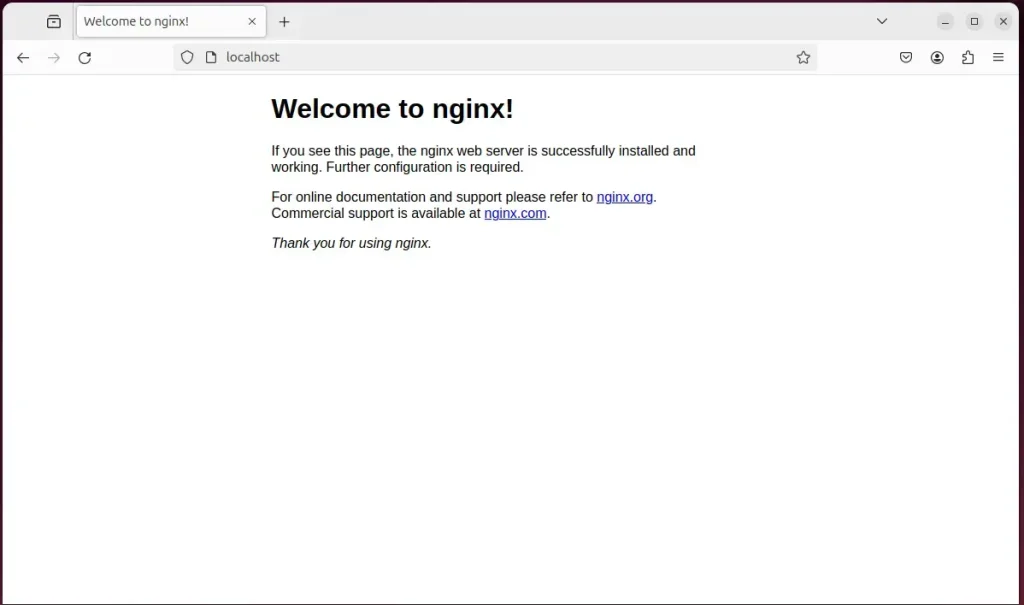
When you see the Welcome to nginx!, it means the Nginx HTTP server is successfully installed.
Additional help on installing Nginx on Ubuntu is in the link below.
How to install Nginx on Ubuntu
Install the MariaDB database server on Ubuntu
The next component required to run OpenCart is a database server. This post will install and use the MariaDB database server.
To install and use the MariaDB database server, use the instructions below.
Open the Ubuntu terminal and run the commands below to install the MariaDB database server.
sudo apt update sudo apt install mariadb-server
Once the MariaDB database server is installed, use the commands below to stop, start, and enable the MariaDB server to start automatically when the server boots.
sudo systemctl stop mariadb sudo systemctl start mariadb sudo systemctl enable mariadb
Run the following commands to validate and test if the MariaDB database server is installed successfully.
sudo mariadb
Once you run the commands above, it will log you onto the MariaDB console and display a message similar to the one below.
Welcome to the MariaDB monitor. Commands end with ; or g. Your MariaDB connection id is 32 Server version: 10.11.2-MariaDB-1 Ubuntu 23.04 Copyright (c) 2000, 2018, Oracle, MariaDB Corporation Ab and others. Type 'help;' or 'h' for help. Type 'c' to clear the current input statement. MariaDB [(none)]>
The message tells you that the server is installed successfully.
Additional help on installing MariaDB.
Create an OpenCart database
Upon successful installation of the MariaDB database server, create a blank database on the server specifically for the OpenCart application.
As part of the setup, we will create an opencartdb database and a corresponding user account called opencartdbuser.
Finally, we’ll grant the opencartdbuser full access to the opencartdb database.
All the database steps above can be done using the commands below:
But first, log on to the MariaDB database server:
sudo mariadb
Then run the commands below to complete the steps:
CREATE DATABASE opencartdb CHARACTER SET utf8mb4 COLLATE utf8mb4_general_ci;
CREATE USER opencartdbuser@localhost IDENTIFIED BY 'type_your_password_here';
GRANT ALL ON opencartdb.* TO opencartdbuser@localhost WITH GRANT OPTION;
FLUSH PRIVILEGES;
exit
Ensure to replace ‘type_your_password_here ‘with your password.
Install PHP on Ubuntu Linux
The last component you will need to run OpenCart is PHP. The OpenCart application is PHP-based and supports the latest versions of PHP.
Run the commands below to install PHP.
sudo apt install php-fpm php-intl php-mysql php-curl php-cli php-zip php-xml php-gd php-common php-mbstring php-xmlrpc php-json php-sqlite3 php-soap php-zip
Additional help on installing PHP
How to install PHP on Ubuntu Linux
Download OpenCart files
Let’s begin downloading and configuring the OpenCart files on Ubuntu Linux.
To always install the latest version, check the OpenCart’s download page. If a new version is available, replace the version number in the link below.
First, navigate to the /tmp/ directory and download OpenCart files. After unzipping the file, move the content into the OpenCart folder in the Nginx root directory.
The final step is to change the permissions. This will allow the Nginx web server to safely interact with the files, ensuring a secure environment for your OpenCart installation.
cd /tmp
wget https://github.com/opencart/opencart/releases/download/4.0.2.3/opencart-4.0.2.3.zip
unzip opencart-4.0.2.3.zip
sudo mv opencart-*/upload/ /var/www/opencart
Next, create the config files and allow Nginx to use them.
sudo cp /var/www/opencart/config-dist.php /var/www/opencart/config.php
sudo cp /var/www/opencart/admin/config-dist.php /var/www/opencart/admin/config.php
sudo chown -R www-data:www-data /var/www/opencart
Once you have completed all the above steps, continue configuring the Nginx web server below to serve the OpenCart content.
Run the commands below to create a Nginx virtual host file for OpenCart.
sudo nano /etc/nginx/sites-available/opencart.conf
Then, copy and paste the content block below into the Nginx server block.
server {
listen 80;
listen [::]:80;
root /var/www/opencart;
index index.php;
server_name opencart.example.com;
access_log /var/log/nginx/example.com.access.log;
error_log /var/log/nginx/example.com.error.log;
location / {
try_files $uri @opencart;
}
location /admin {
index index.php;
}
location @opencart {
rewrite ^/(.+)$ /index.php?_route_=$1 last;
}
location ~ \.php$ {
include snippets/fastcgi-php.conf;
fastcgi_pass unix:/var/run/php/php8.3-fpm.sock;
fastcgi_param SCRIPT_FILENAME $document_root$fastcgi_script_name;
include fastcgi_params;
}
}
Save the file.
Then, run the commands below to enable the virtual host and restart the Nginx server.
sudo ln -s /etc/nginx/sites-available/opencart.conf /etc/nginx/sites-enabled/
sudo systemctl restart nginx.service
Setup Let’s Encrypt SSL/TLS for OpenCart
You may want to install an SSL/TLS certificate to secure your OpenCart site. Secure your OpenCart installation with HTTPS from Let’s Encrypt.
Please read the post below for additional resources on installing and creating Let’s Encrypt SSL certificates for Nginx.
How to set up Let’s Encrypt SSL certificate for Nginx on Ubuntu Linux
Once you have restarted the Nginx web server, open your browser and browse to the server hostname or IP address defined in the Nginx server block.
http://opencart.example.com
An OpenCart installation wizard page should appear. Ensure all requirements are met and continue.
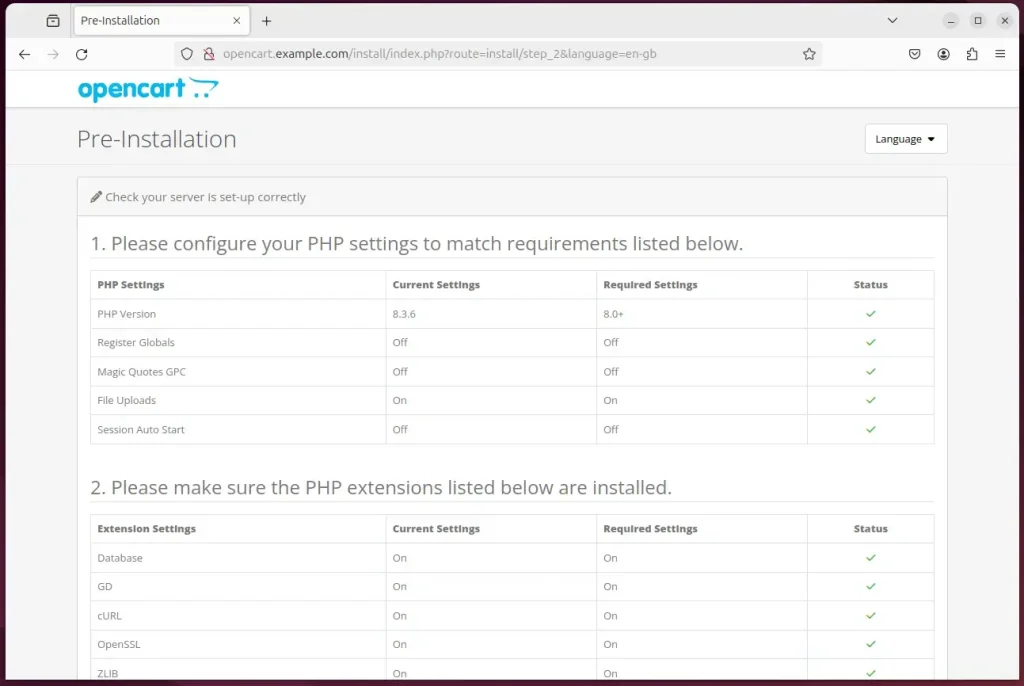
Next, enter the database name, create an account and password, and continue.
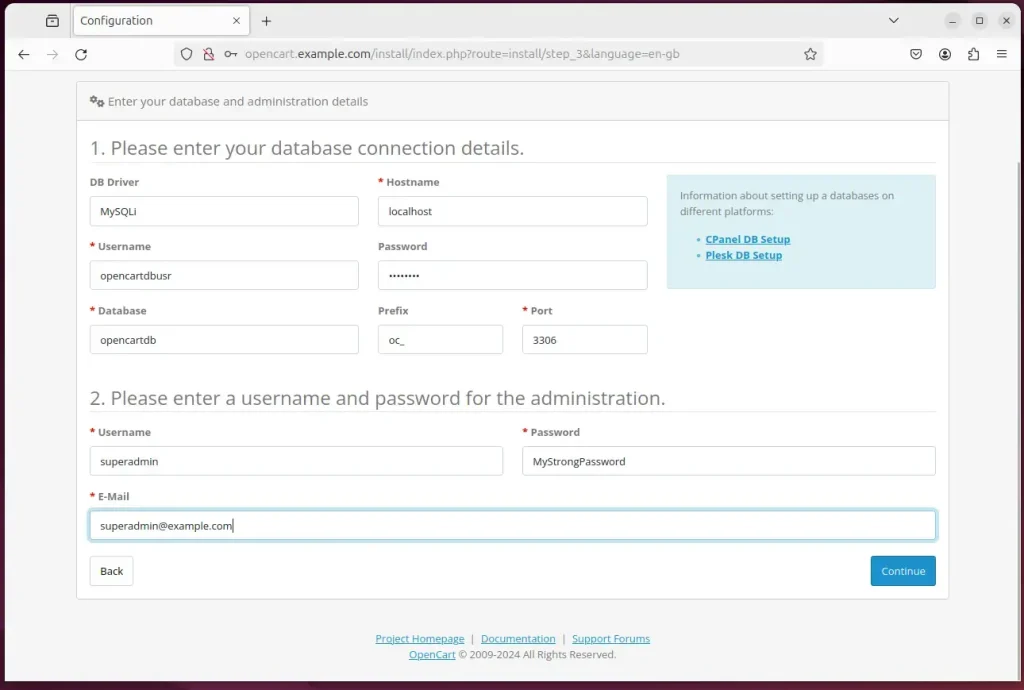
Your OpenCart site should be set up and ready to use.
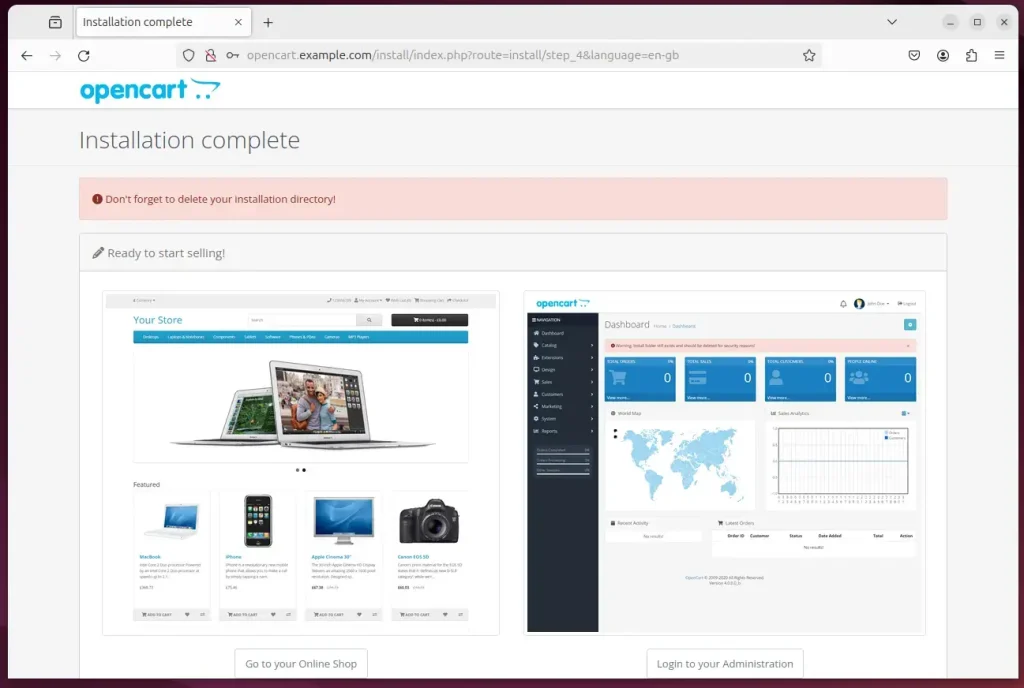
Don’t forget to delete your installation directory!
sudo rm -rf /var/www/opencart/install/
That should do it!
Conclusion:
Installing OpenCart with Nginx on Ubuntu 24.04 provides a solid foundation for your e-commerce site. Here are key takeaways from the installation process:
- Choose the Right Components: Using Nginx for its performance and security features paired with Ubuntu’s user-friendly environment enhances reliability.
- Database Setup: MariaDB is a robust database solution that enables efficient data management for your OpenCart application.
- PHP Compatibility: Ensure you have the necessary PHP extensions installed to support OpenCart’s functionality.
- Easy Configuration: The virtual host setup simplifies Nginx’s management for serving OpenCart efficiently.
- SSL Security: Implementing Let’s Encrypt SSL certificates secures your site, reinforcing customer trust.
- Finalization: Deleting the installation directory post-setup is crucial for maintaining security.
Following these steps, you can establish a secure and functional OpenCart e-commerce platform on your Ubuntu server.

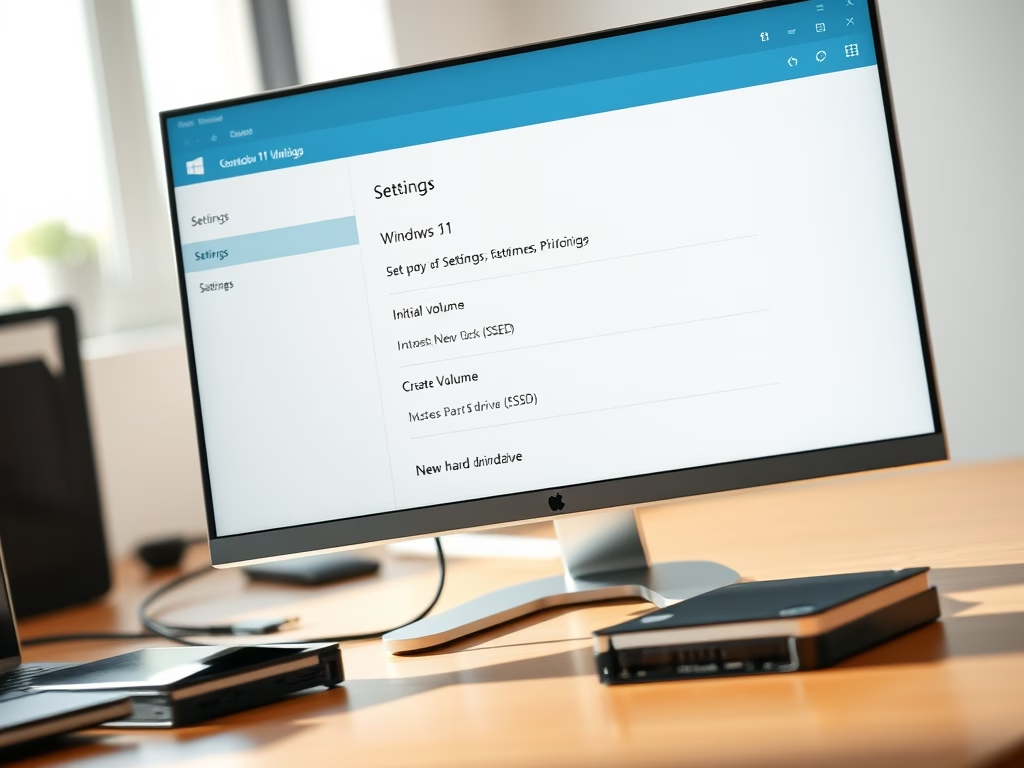


Leave a Reply